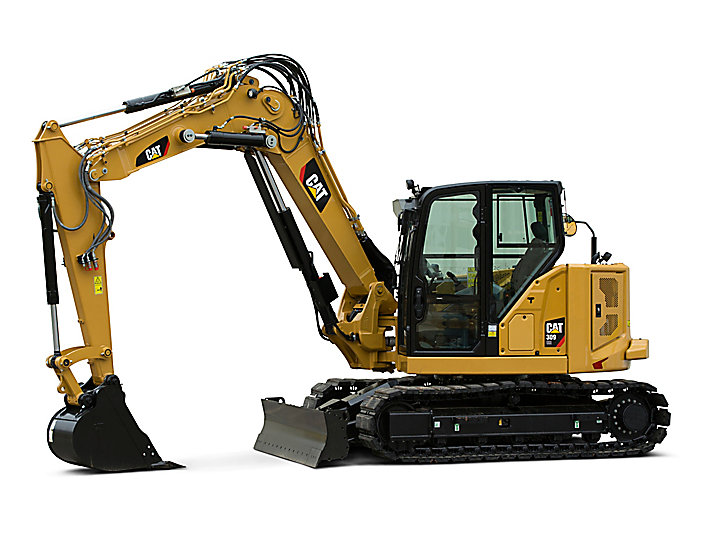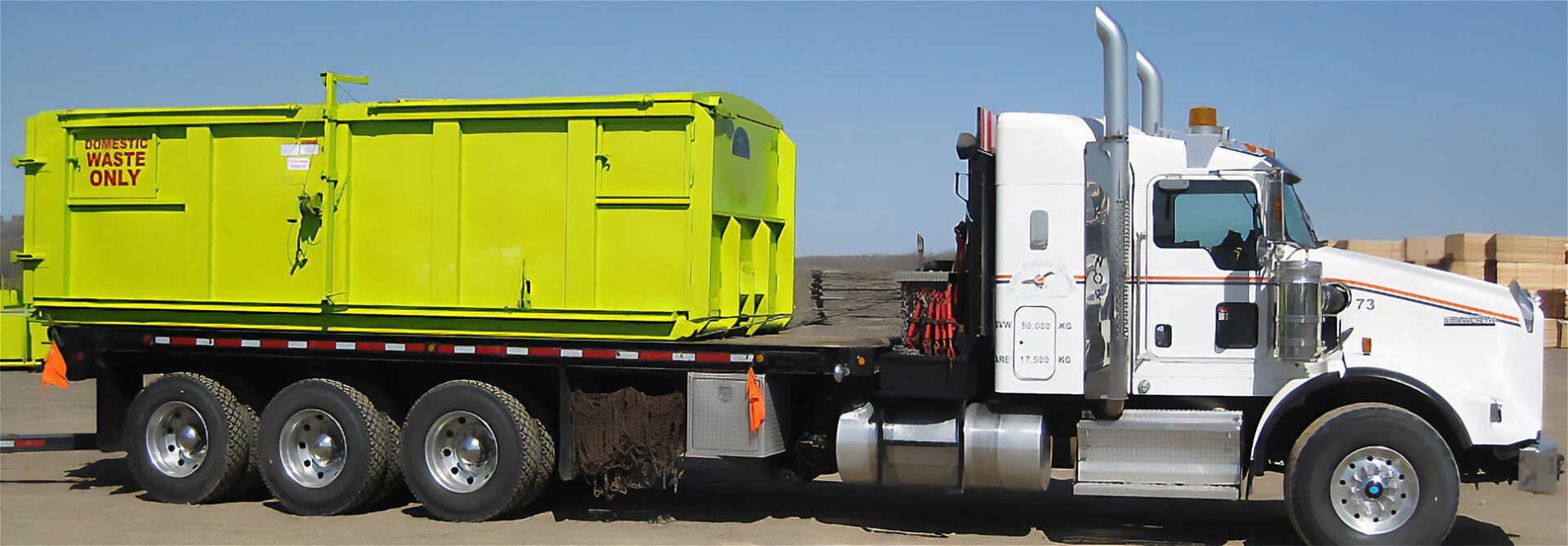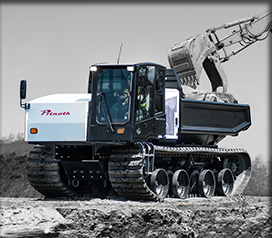A Comprehensive Overview to the Various Sorts Of Oil Field Equipment and Pipeline Equipment Available
The oil and gas sector depends greatly on customized devices for effective extraction and transport. Different kinds of equipment, from drilling rigs to storage tanks, play vital duties in this complex procedure. Each tool offers distinctive functions that add to total functional success. Comprehending these elements is crucial for anyone entailed in the industry. As the industry advances, so too do the technologies that support it. What improvements are on the horizon?

Drilling Rigs: The Backbone of Oil Expedition
Drilling rigs offer as the essential equipment in the domain name of oil exploration, making it possible for firms to access hydrocarbon books hidden deep beneath the Planet's surface. These rigs come in different types, consisting of land rigs, offshore rigs, and mobile units, each created to run in specific settings. Furnished with innovative modern technology, piercing rigs can penetrate geological formations with accuracy, making certain efficient source removal. The architectural integrity and operational capacities of these rigs are critical, as they need to hold up against severe problems and substantial pressures. The choice of a drilling gear impacts the overall task expense and timeline, making it an essential consideration for oil companies seeking to maximize their expedition efforts and take full advantage of efficiency in their procedures.
Pumps: Vital for Liquid Motion
In the oil removal process, the function of pumps is substantial, facilitating the motion of liquids throughout numerous phases of production. Pumps are crucial for carrying unrefined oil, water, and various other fluids from below ground reservoirs to the surface area and afterwards with pipes to refineries. They come in different kinds, consisting of centrifugal, positive displacement, and completely submersible pumps, each offering specific functions based upon the liquid characteristics and operational needs. Centrifugal pumps are typically utilized for their performance in high-flow applications, while favorable variation pumps stand out in taking care of viscous fluids. The choice of pump influences total effectiveness, operational security, and upkeep costs. Correct option and maintenance of pumps are vital for optimizing production and decreasing downtime in oil field operations.
Shutoffs: Controlling Flow and Pressure

Shutoffs play an essential function in handling the flow and stress of liquids within oil areas and pipelines. Different kinds of shutoffs offer distinctive applications, each created to satisfy specific functions fundamental for reliable operation - Superior Rentals reviews. Understanding the attributes and usages of these valves is vital for enhancing system efficiency and safety
Types of Valves
Essential parts in oil area procedures, shutoffs play an important function in controlling the circulation and stress of liquids within pipelines and equipment. Different kinds of shutoffs are used to fulfill the varied requirements of oil and gas production. Common types include gateway shutoffs, which offer a straight-line flow and marginal stress drop; globe valves, known for their throttling capacities; and ball shutoffs, acknowledged for their quick on/off control. Furthermore, check valves stop heartburn, while butterfly shutoffs offer a light-weight service for managing flow. Each valve kind is made with details products and arrangements to endure the rough conditions frequently discovered in oil areas, ensuring reliability and effectiveness in operations. Comprehending these kinds is vital for effective system management.
Valve Applications and Functions
While numerous sorts of valves offer unique objectives, their key applications rotate around regulating flow and pressure within oil and gas systems. Valves such as gate, world, and sphere shutoffs regulate liquid movement, making sure peak performance and safety and security. Gateway valves are generally utilized for on/off control, supplying minimal circulation resistance. World valves, on the various other hand, offer precise flow regulation, making them suitable for throttling applications. Sphere shutoffs are favored for their quick procedure and limited securing capacities. Additionally, stress safety valve are crucial for stopping system overpressure, securing tools honesty. Generally, the proper option and application of shutoffs enhance functional performance, ensuring the reputable transportation of oil and gas with pipes and handling centers.
Compressors: Enhancing Gas Transport
Compressors play a vital function in the efficient transport of gas, making certain that it relocates smoothly with pipelines over cross countries. These devices enhance the pressure of all-natural gas, allowing it to conquer rubbing and elevation modifications within the pipeline system. Additionally, compressors help with the harmonizing of supply and demand, fitting variations in intake and manufacturing rates. Numerous kinds of compressors are employed in the industry, consisting of centrifugal, reciprocating, and rotating screw compressors, each offering distinctive advantages based upon the operational needs. Routine upkeep of these compressors is important to make best use of effectiveness and minimize downtime, inevitably adding to a reputable gas transportation network. Their critical function highlights the relevance of compressors in the overall oil and gas infrastructure.
Storage Tanks: Safe and Efficient Fluid Management
Reliable transport of gas relies upon numerous supporting systems, among which is the correct monitoring of tank. These tanks play a necessary role in securely consisting of fluids, ensuring that operational efficiency is kept while lessening ecological risks. Built from resilient products, they are made to stand up to high stress and corrosive aspects. Effectively sized and strategically situated, storage space containers promote the smooth circulation of natural gas and various other fluids, protecting against traffic jams in supply chains. Routine upkeep and tracking are essential to spot leaks or architectural problems, advertising safety and compliance with regulatory standards. Inevitably, the efficient administration of tank is important for the general integrity and reliability More about the author of the oil and gas industry's liquid handling systems.
Pipeline Equipments: Framework for Transportation
Pipeline systems act as the foundation of the oil and gas industry, assisting in the efficient transport of hydrocarbons over huge ranges. These systems include numerous elements, consisting of pipelines, valves, pumps, and compressors, all diligently made to guarantee seamless flow. The materials made use of in pipeline construction, frequently steel or high-density polyethylene, are picked for toughness and resistance to corrosion. Pipeline networks can cover across land and water, linking production websites to refineries and circulation. Additionally, advanced modern technology enables real-time surveillance of flow prices and stress degrees, enhancing functional performance. The calculated positioning of these pipelines lessens environmental effect while making the most of resource ease of access, thus playing an essential role in conference power needs internationally.
Safety Equipment: Making Sure Worker and Environmental Defense
The procedure of pipeline systems, while essential for web link power transportation, also provides significant security challenges for employees and the setting. Safety tools plays a considerable role in alleviating these dangers. Personal protective tools (PPE) such as helmets, gloves, and non-slip shoes safeguards employees from physical hazards. Furthermore, gas discovery systems check for leaks, making certain that unsafe compounds do not pose a threat to personnel or the surrounding ecological community. Emergency situation closure systems are critical for swiftly halting procedures throughout a dilemma, preventing prospective disasters. Spill containment products, consisting of absorbents and barriers, are essential for lessening ecological effect. On the whole, buying all-inclusive safety devices is important for keeping functional honesty and securing both employees and the setting in the oil and gas sector.

Regularly Asked Questions
How Do I Pick the Right Oil Field Equipment for My Project?
Selecting the ideal oil area tools entails evaluating project requirements, spending plan restrictions, and operational demands. Consider elements such as equipment reliability, compatibility with existing systems, and the distributor's track record to assure my response peak performance and safety and security.
What Are the Upkeep Demands for Oil Field Equipment?
Maintenance requirements for oil field equipment consist of regular evaluations, lubrication, and timely fixings. Operators must likewise adhere to maker guidelines, display efficiency metrics, and assurance conformity with safety laws to boost durability and performance.

Just How Can I Guarantee Compliance With Environmental Laws?
To ensure compliance with environmental guidelines, firms have to conduct normal audits, apply finest techniques, purchase training, keep correct documentation, and remain updated on legislation (Superior rentals squeeze tools). Cooperation with environmental agencies can additionally enhance adherence to regulations
What Is the Ordinary Life Expectancy of Pipeline Equipment?
The average life-span of pipeline equipment typically varies from 20 to 50 years, depending on aspects such as material quality, ecological conditions, and maintenance techniques. Regular inspections can substantially influence longevity and operational effectiveness.
How Do I Safely Carry Oil Field Equipment to Remote Locations?
Transporting oil field tools to remote locations needs cautious preparation, including path analysis, safeguarding permits, utilizing ideal vehicles, and guaranteeing safety and security protocols are followed. Appropriate training and communication among teams are essential for successful transportation.